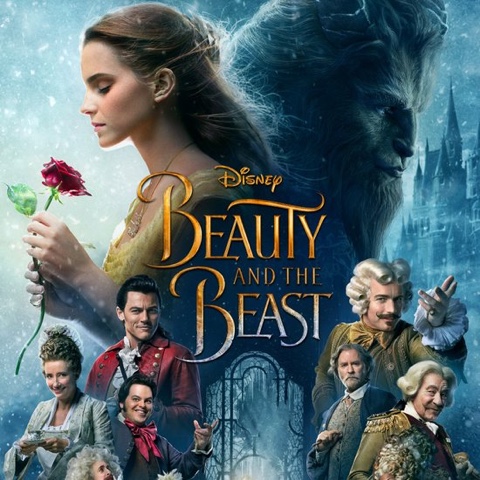Beauty and the Beast: King of the Wood

She asked for a rose. Her father reaches out to pluck one. Suddenly, a Beast appears, furious, accusing him of theft. The penalty is death. Or the surrender of his daughter. But why such a harsh penalty for plucking a rose? Much has been said - or invented - on the possible meaning of the rose. When the last petal falls, the Beast's fate is sealed eternally. It is the first thing he has learned to love. It symbolises virginity; the plucking of the rose mirrors the deflowering of the daughter; the aristocratic Beast is excercising his droit du seigneur over Beauty, the merchant's child. But why should the plucking of a flower carry such a heavy penalty? And why does the same motif occur in other fairy tales? For example, Rapunzel , in which the father must sacrifice his child as payment for picking herbs from the Witch's garden. One answer may lie in ancient mythology. Most ancient polytheistic religions have sacred groves, where it is forbidden to break the bra
